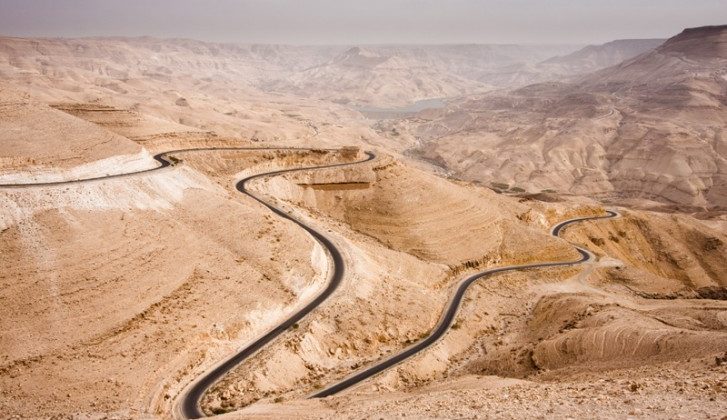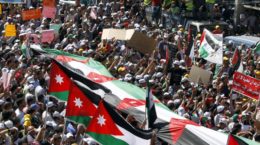The deep economic crisis that Jordan is facing is one of its most critical challenges. The nature of this crisis must be understood in order to find some practical solutions that can lay the foundations for future improvement. A crisis like this cannot be solved in a day, but in order to address it an accurate understanding of the nature of the problem is necessary so that a strategy can be mapped with short, medium- and long-term objectives.
While there are clearly economic solutions required, but political failings have also been part of the cause, and as such a new political approach must be part of an effective response. In fact, it is important to consider the broader context, the changes in global politics and how regional politics are reshaping in response. The nature of alliances, political roles and priorities are changing and all of these have implications for Jordan’s political and economic stability.
In order to achieve real change and economic improvement, Jordan must shift its economic model from a dependent one to a productive one. This can only be achieved with a clear long-term plan, and focused ongoing commitment to a strategy based on what Jordan can produce and deliver that meets the needs of reliable regional and global partners.
Partnerships in today’s geopolitics are no longer based on ideological alliances or political partners. Today’s partnerships are based on mutual benefit and profit. Jordan’s geographic advantage remains, but the nature of that advantage must be applied differently. With neighbors such as Syria and Iraq that are about to rebuild their countries, Jordan is well positioned to assist and profit from the investment. Strategic projects in agriculture, food security, energy and transportation could be mutually profitable. Relationships with regional neighboring powers must also be upgraded using stability and safety as an advantage to be a logistical hub into Syria and Iraq’s new investment.
Cross-border projects, particularly in energy, can establish a new regional role for Jordan as the east of the country can supply reliable and cheap renewable energy to the south of Syria and the west of Iraq. Such projects would require global partners, but the interest already exists. Jordan can no longer rely on the donations, assistance and loans that have created the vicious cycle that currently exists and will only deteriorate unless a new approach is taken.
It is important also to recognize that this new approach requires cultural changes such as trust and support for individuals who are performing and a new mentality that promotes success and recognizes those who are struggling to support and coach them to ensure they are successful. Jordan needs a renaissance to become a lead player in the development and future of the region rather than a closed-minded antagonist. The renaissance must be explained with policies behind it to ensure that it is more than empty rhetoric.
Dr. Amer Al Sabaileh




